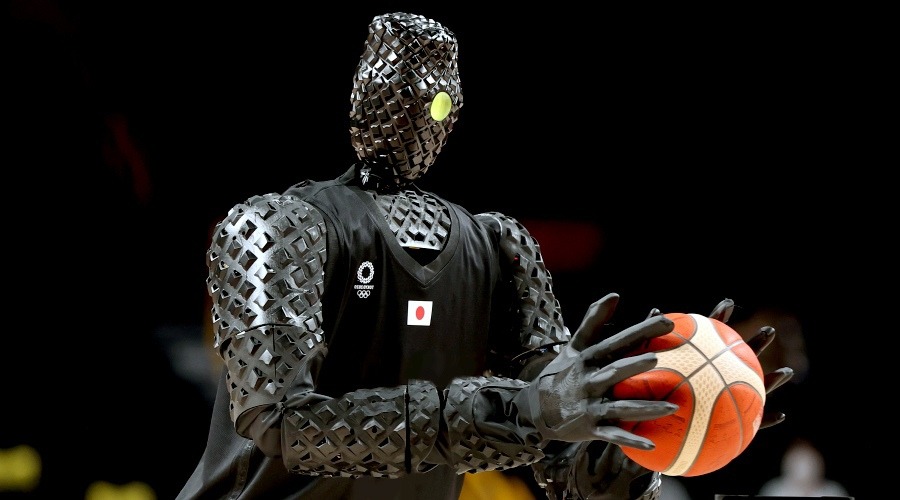2024-04-02
Robots and Drones in Hospitality

Curious about the growing presence of robots and drones in hotels and parks? Discover how these innovative technologies are reshaping the hospitality industry and enhancing guest experiences.
Since 2014, when Canadian hotel chain Aloft introduced Batlr robots to deliver amenities to guests, the use of robot employees has been on the rise. These robots can handle tasks such as delivering toothbrushes, shower gels, towels, and even food, all controlled through a mobile app. At Hilton hotels, Connie the robot acts as a concierge, providing guests with information about local attractions and hotel amenities.
In Japan, the Henn-na Hotel in the Netherlands Theme Park employs robots, including a life-size velociraptor, to assist English-speaking visitors. Meanwhile, Yellowstone Park utilizes a drone shuttle named Teddy to transport visitors around the expansive park.
Even in Russia, drones and robots are making their mark in the tourism sector. Yandex has begun testing drones and rovers at the Cosmos Group hotel chain near Moscow, where drones transport guests and rovers deliver food to rooms.
But robots aren't just serving guests—they're also enhancing security. Drones equipped with thermal imagers provide real-time surveillance, offering a higher level of security compared to traditional cameras. While robots can detect intruders faster, human intervention is still necessary for apprehension.
Financially, the use of drones and robots is proving lucrative. The unmanned vehicle market was valued at $20.97 billion in 2020, with an estimated annual growth rate of 63% from 2021 to 2030. As technology advances and costs decrease, the financial feasibility of employing drones and robots continues to improve, making them an attractive investment for businesses in the hospitality sector.
Share with friends:
Write and read comments can only authorized users
Last news
